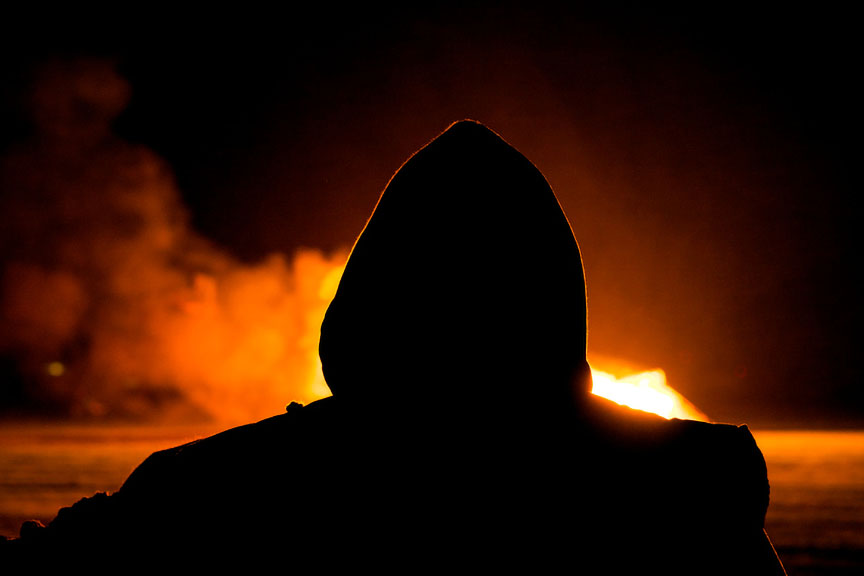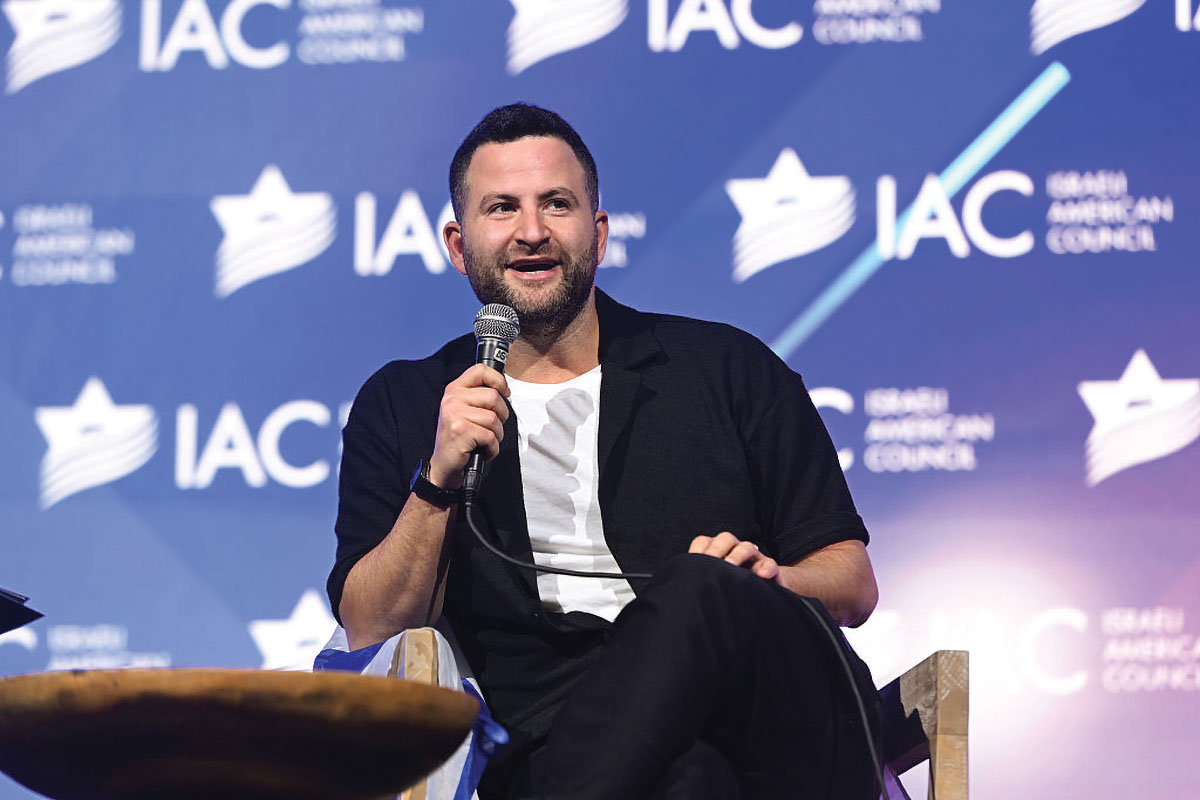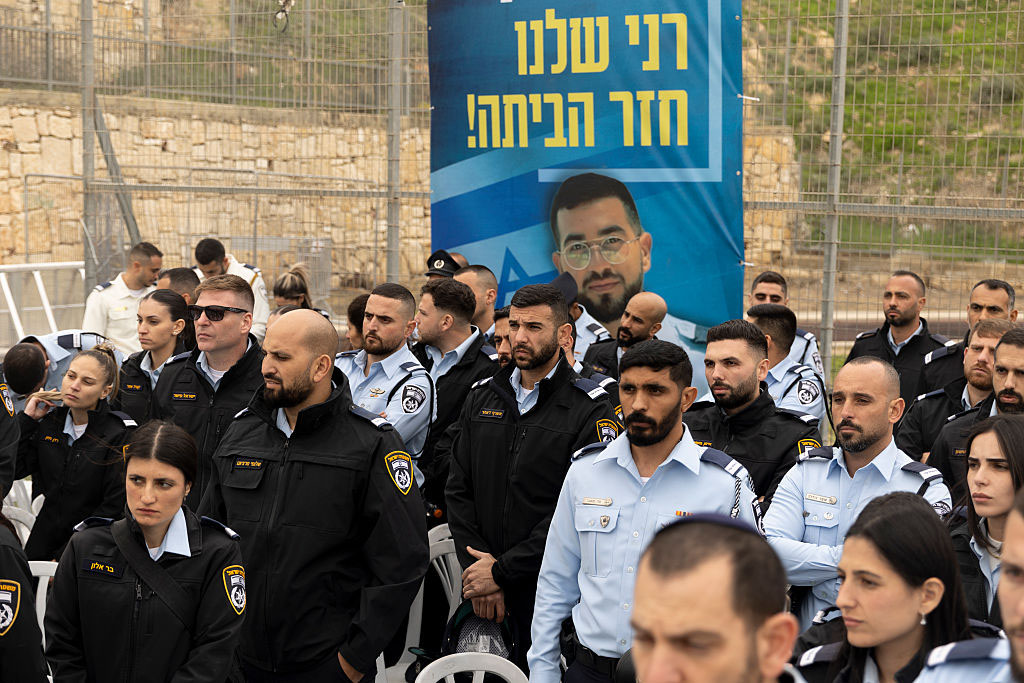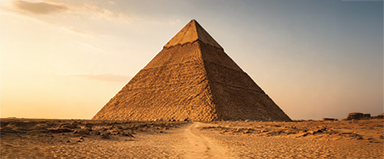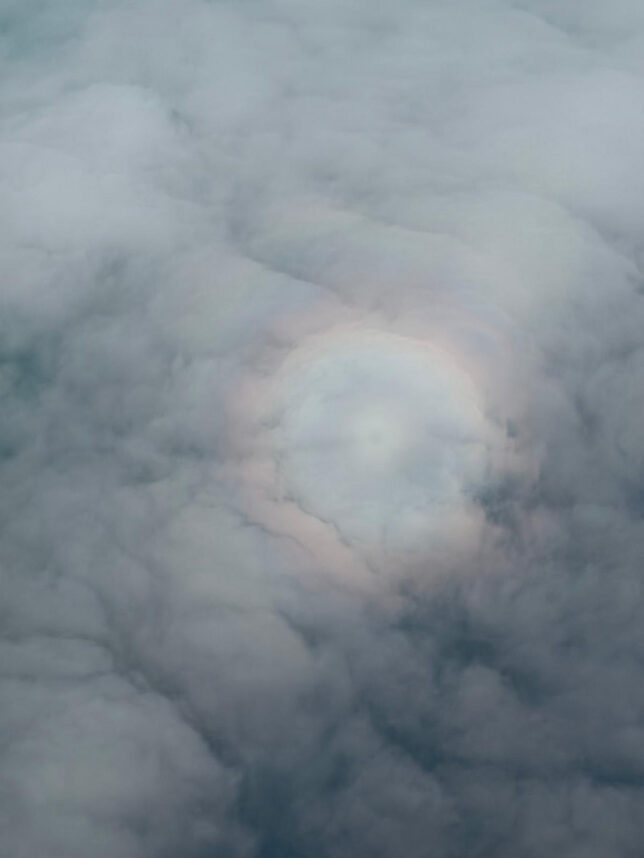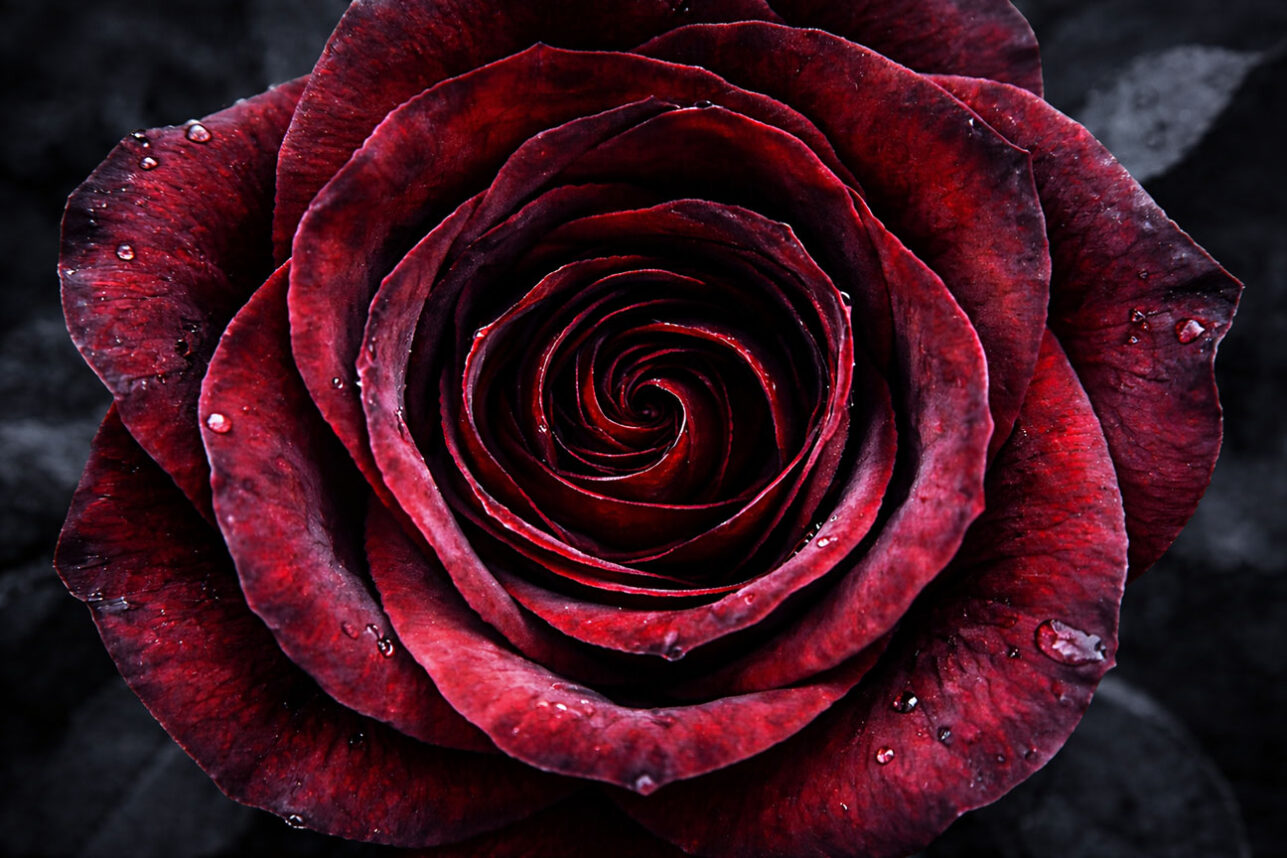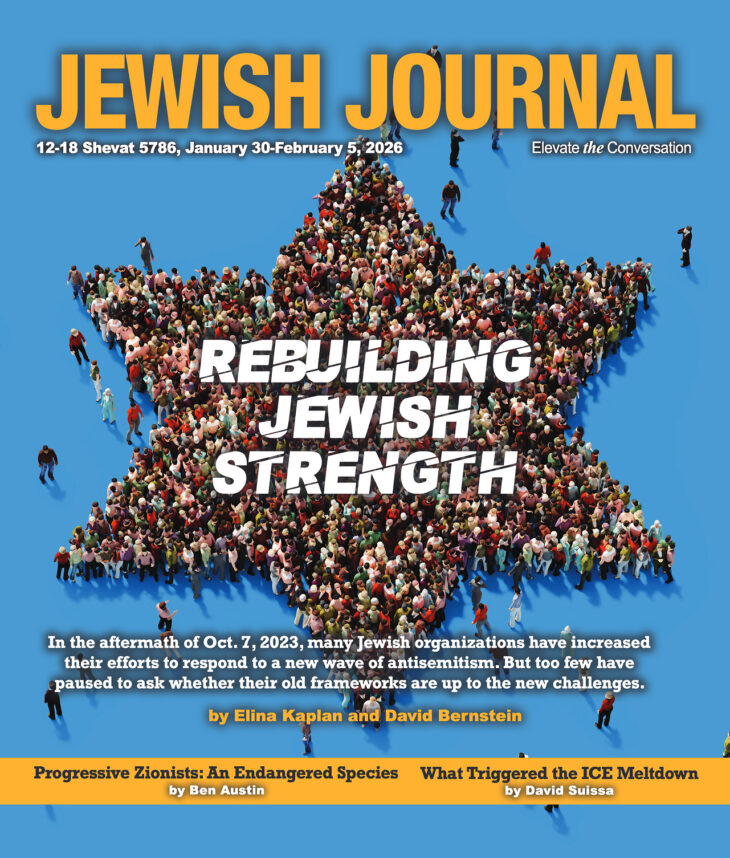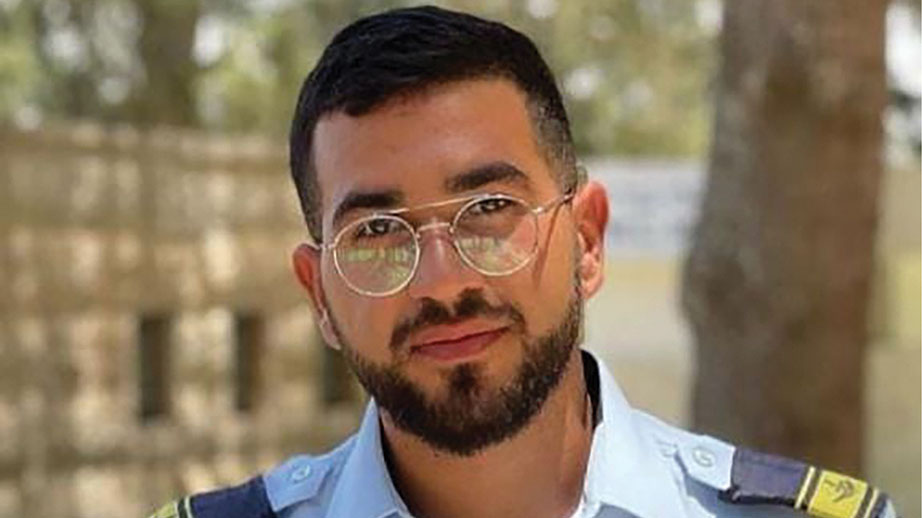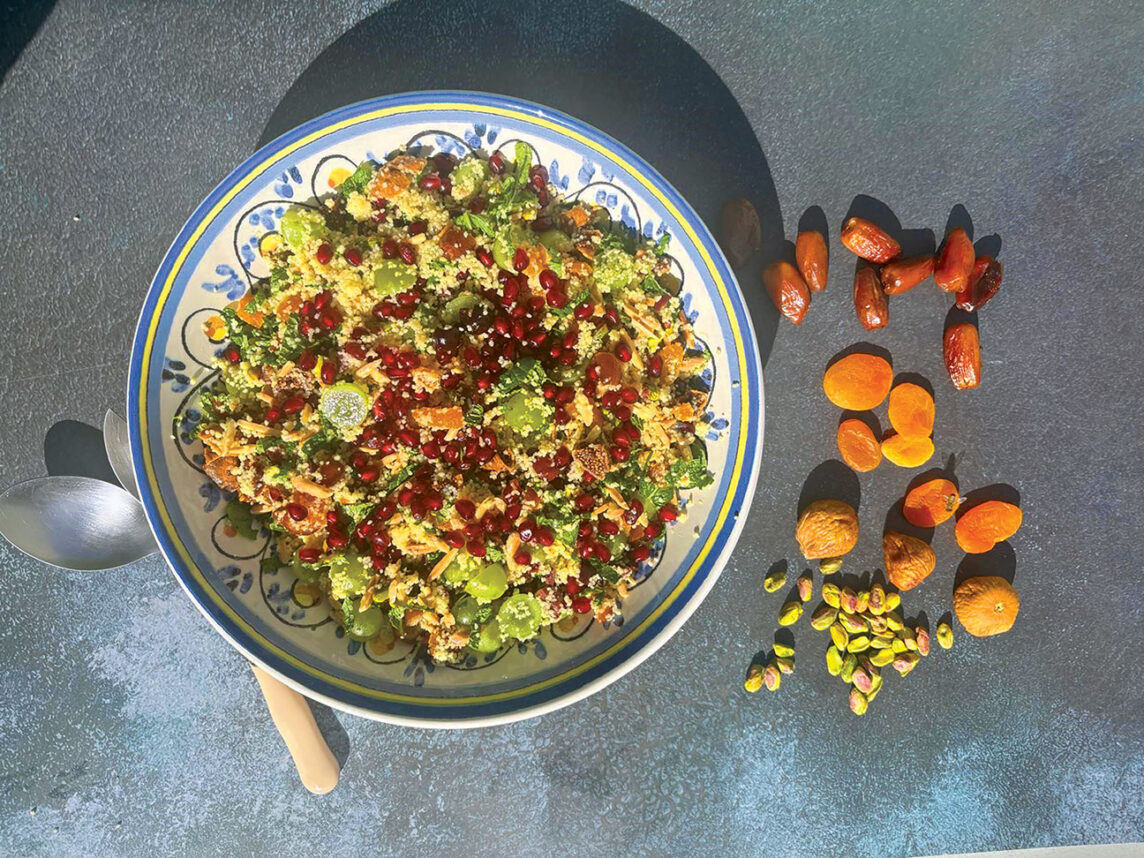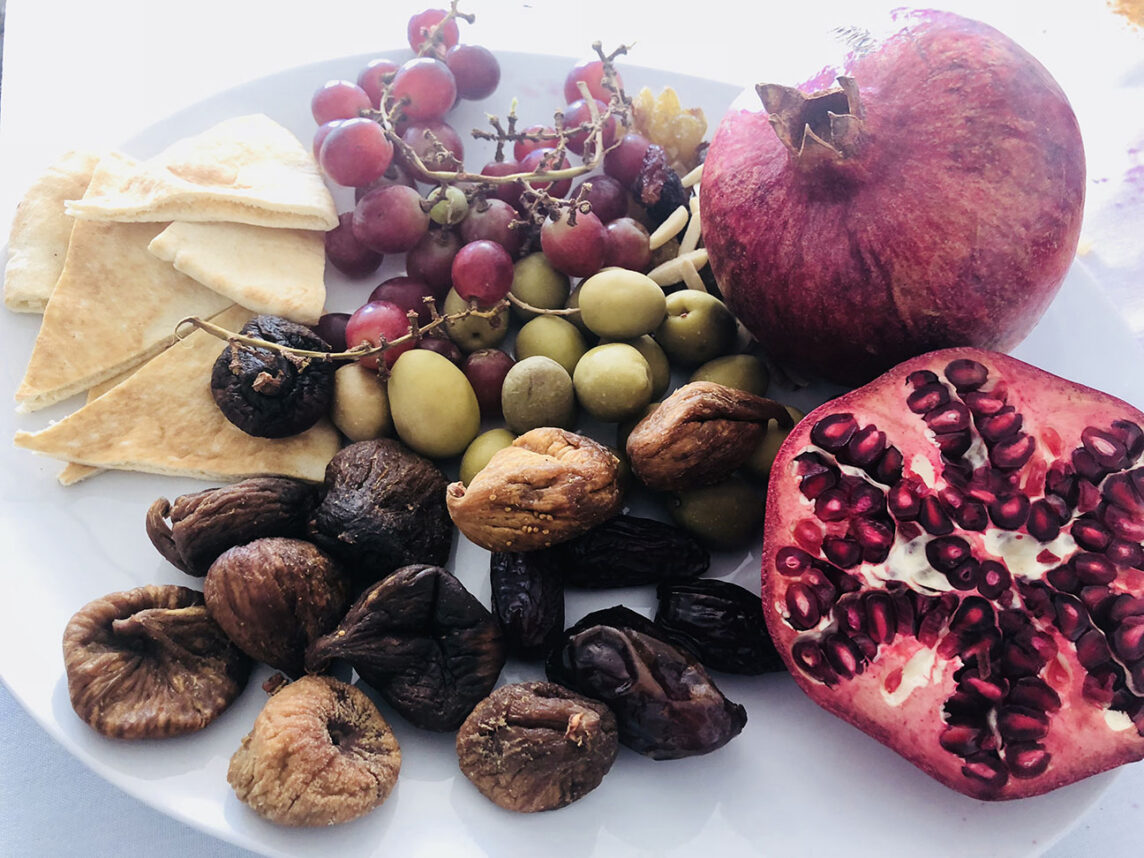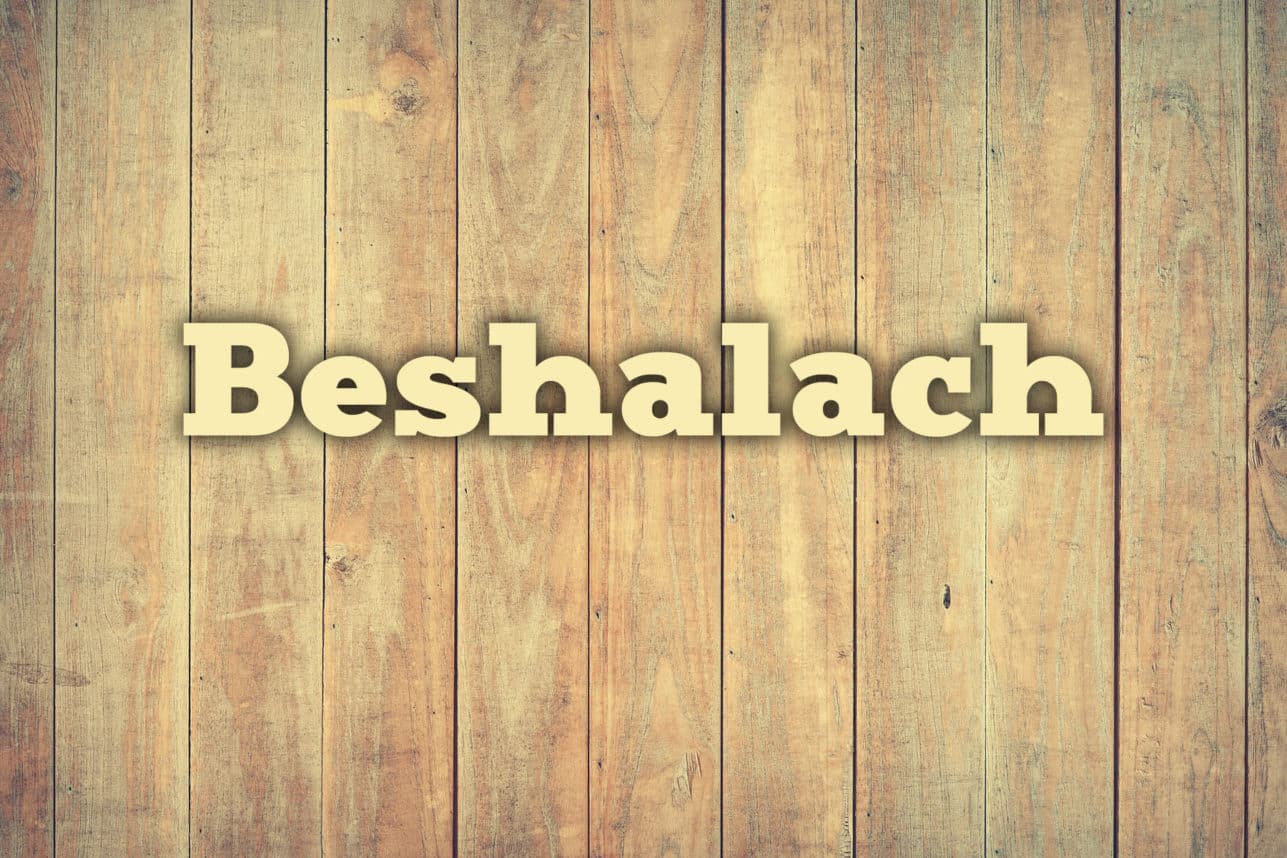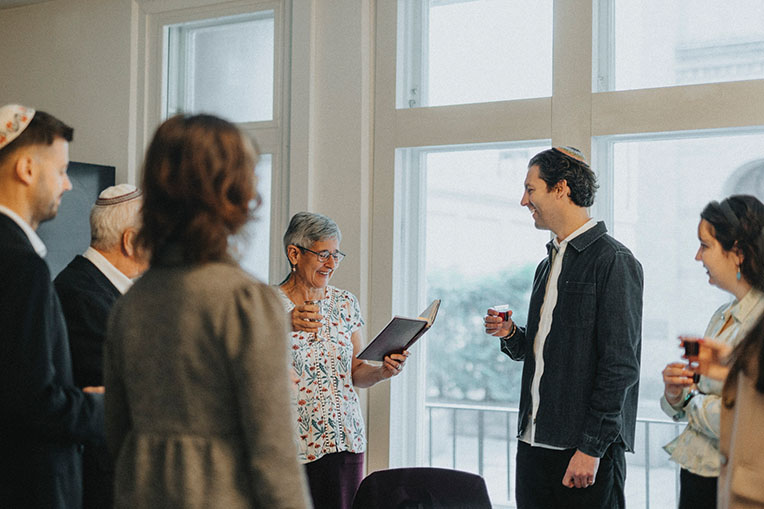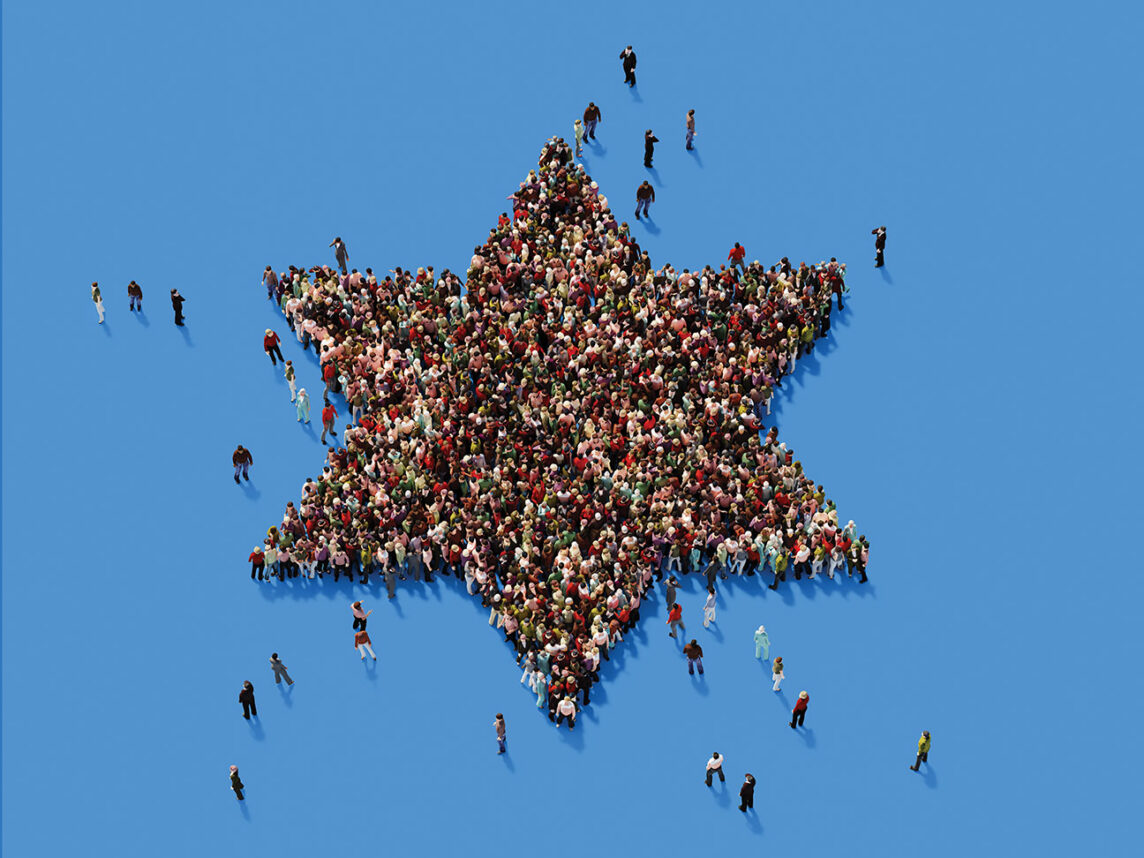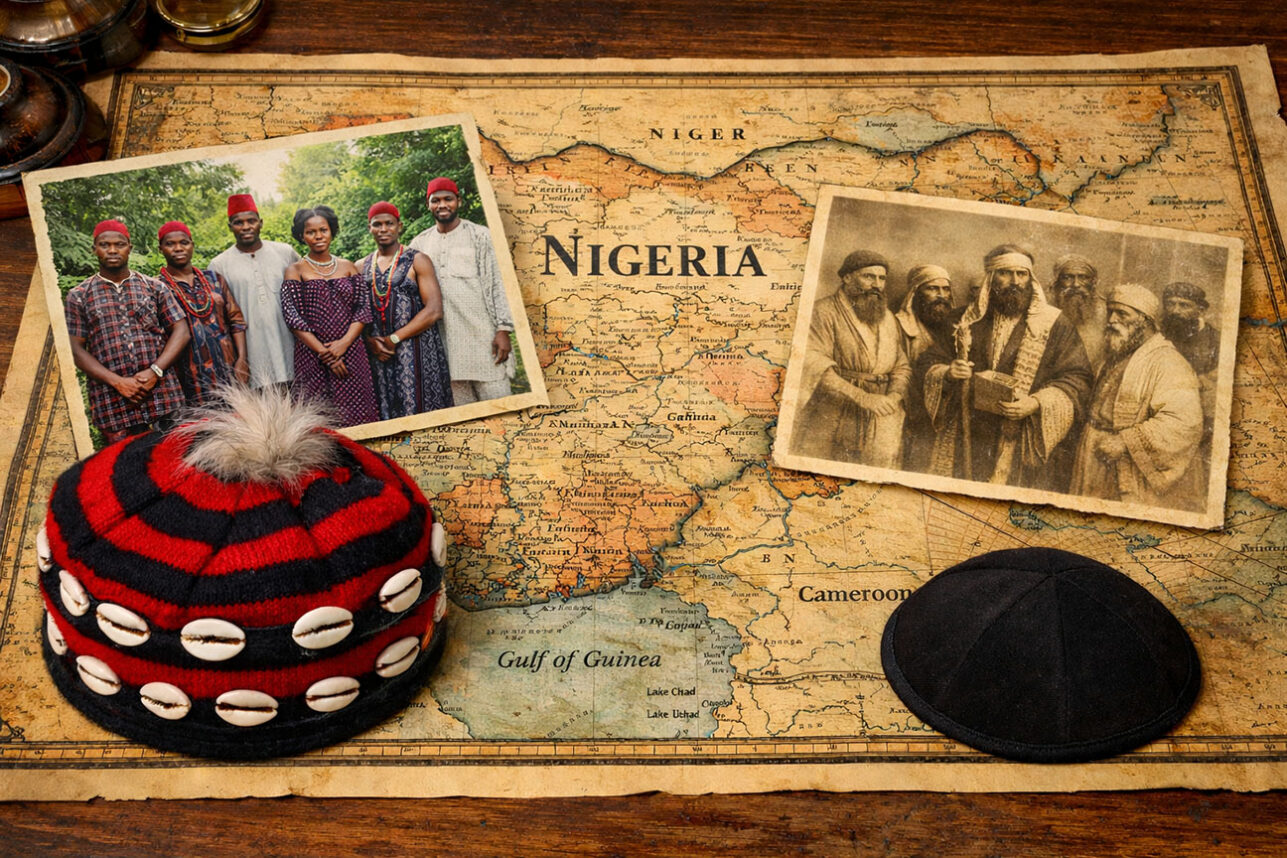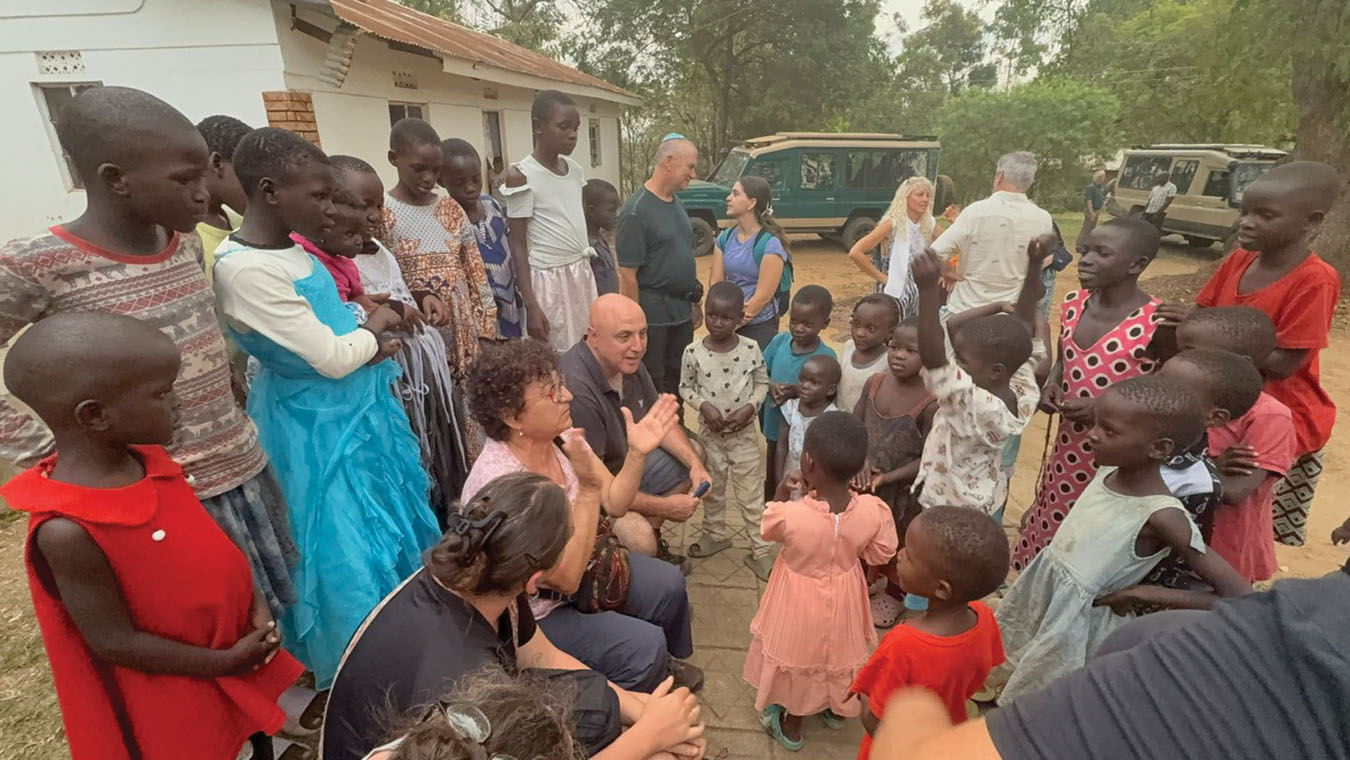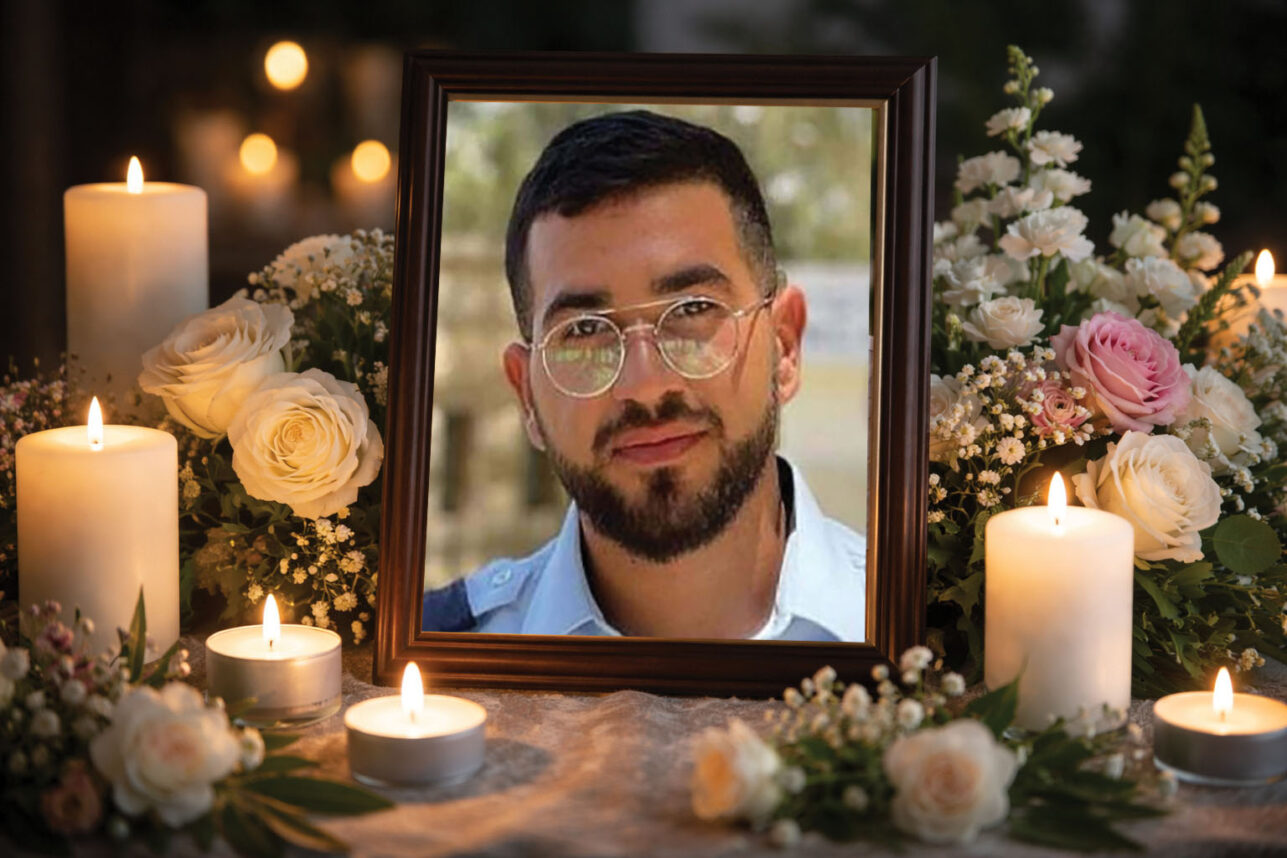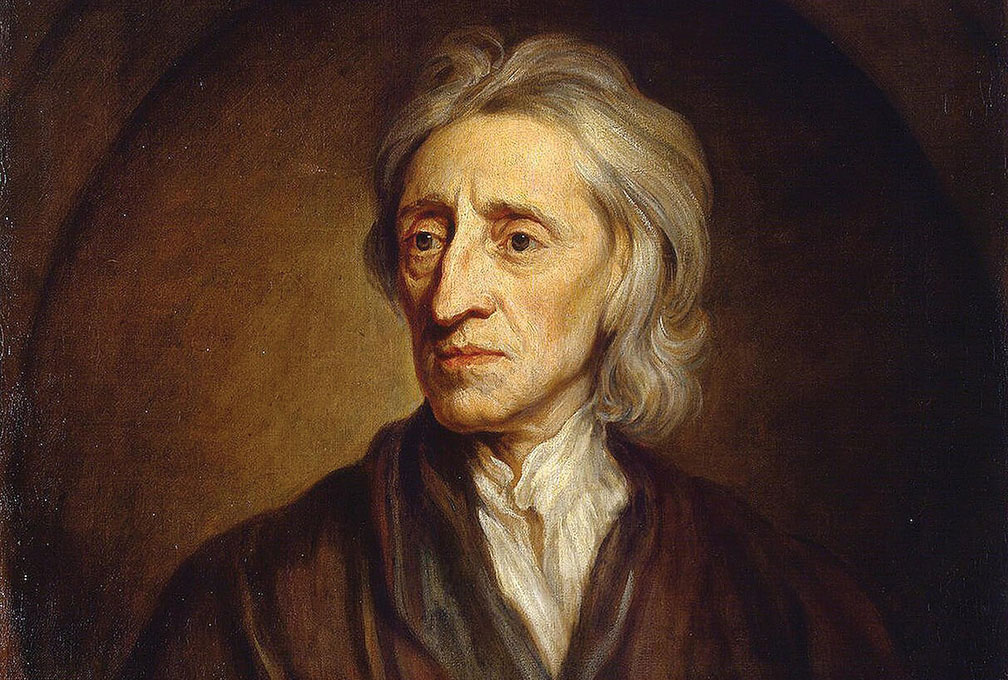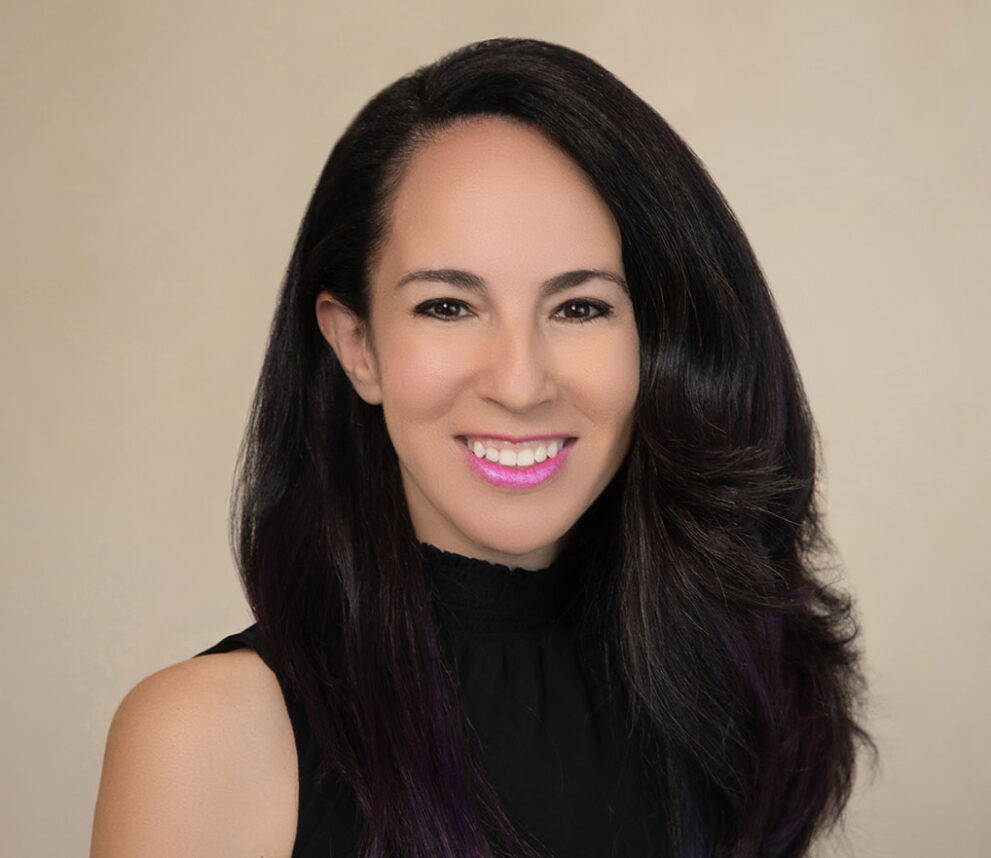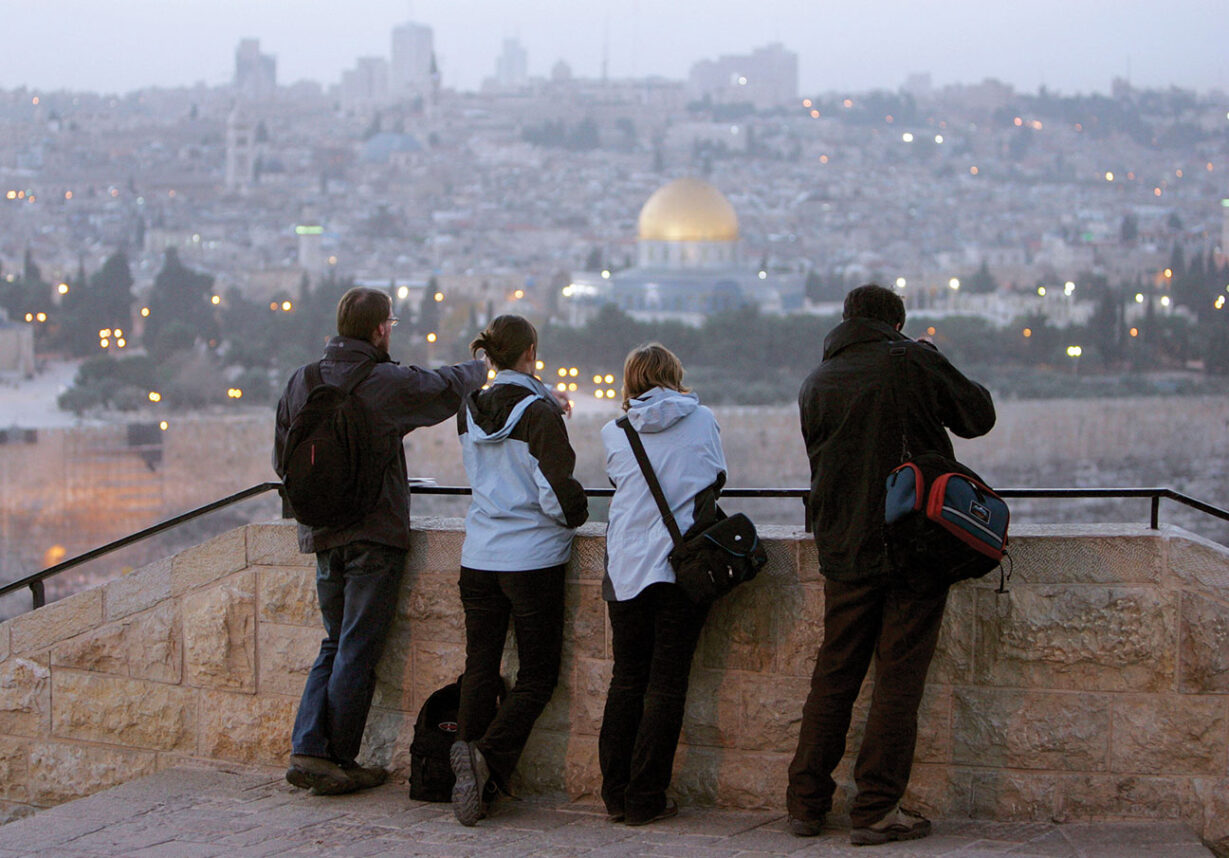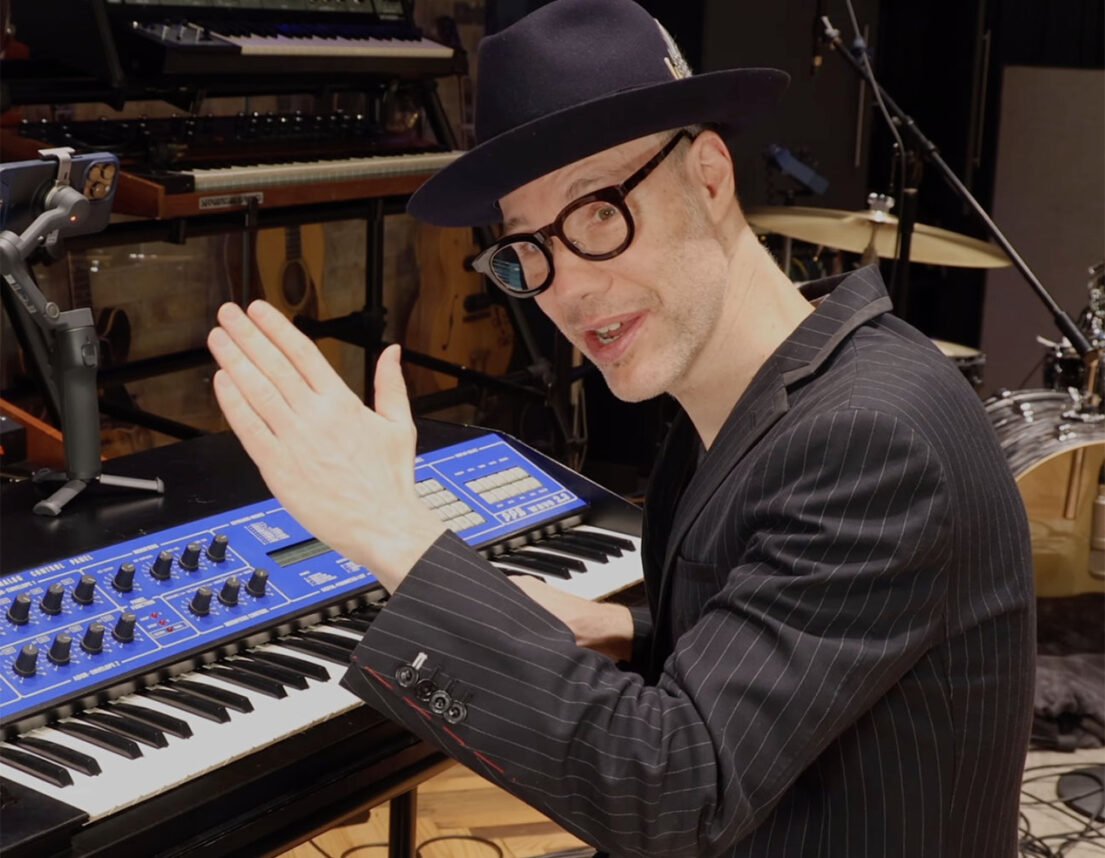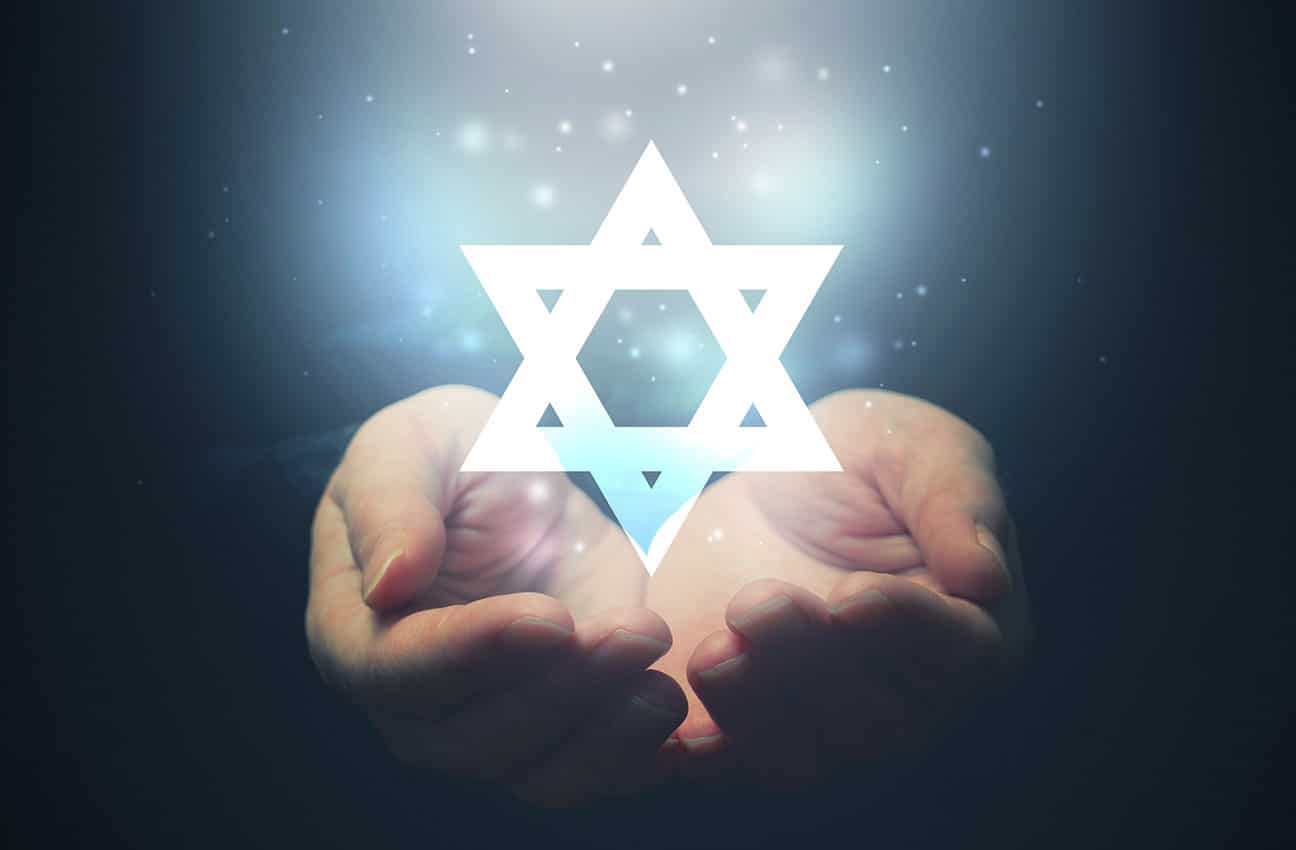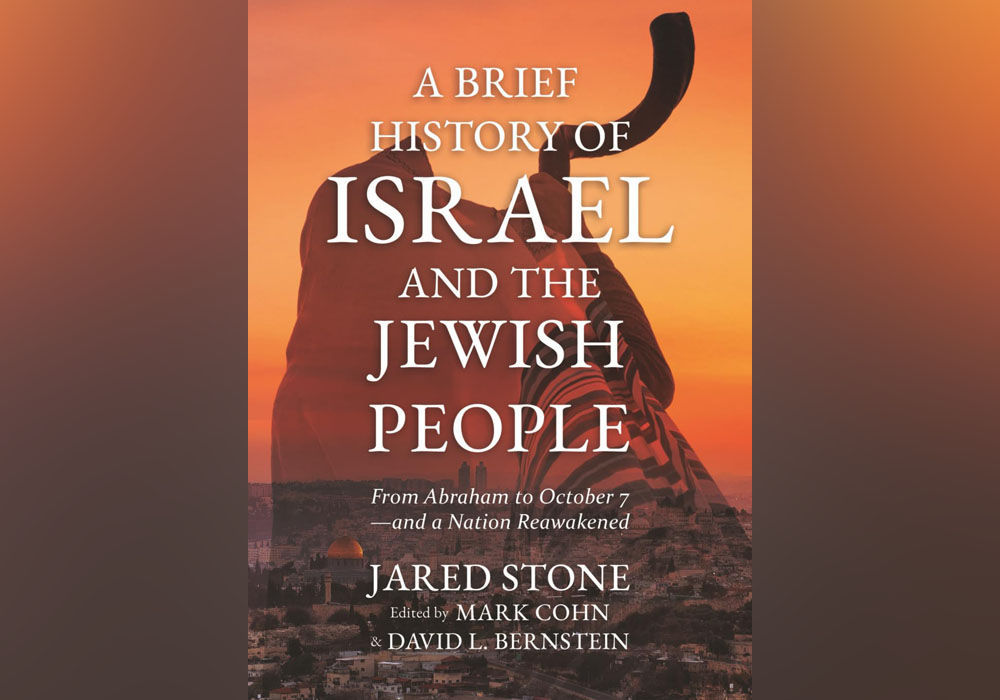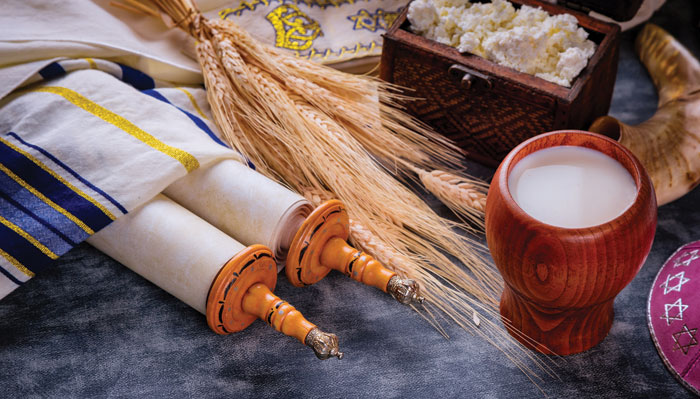
Miracles have a unique hold on us. Even if we don’t take them too literally, their sense of mystery can expand our consciousness, make our minds and spirits soar, make us think big thoughts.
Consider the amazing little miracles of life we take for granted, such as the simple miracle that I can breathe and see as I write this.
Consider the wondrous miracles of nature, like those we feel when we hike on a mountain trail or walk on a beach at sunset, experiences that touch all our senses.
In the Jewish tradition, when we talk about miracles we usually refer to biblical miracles rooted in sacred texts, such as the shofar blast that brought down the walls of Jericho, or the bush that burned with fire but was not consumed, or the iconic splitting of the Red Sea that even made it into a Hollywood film.
We also have miracles connected to Jewish holidays. On Passover it’s the miraculous rescue of the Jews from slavery in Egypt. On Hanukkah it’s the tiny cruse of oil that burned for eight days, and on Purim, we recall the improbable and miraculous Jewish escape from genocide.
The rebirth of modern Israel is surely one of the greatest of all Jewish miracles. How could it not be? Returning home to Zion after waiting for 1900 years is a miracle in a league of its own.
Personally, I have a special place in my heart for a miracle we will commemorate in a few days, during the holiday of Shavuot.
Shavuot is not one of the glamor holidays, like Passover or Hanukkah or Rosh Hashana. It’s a more modest, humble holiday that commemorates the giving of the Torah on Mount Sinai more than 3300 years ago.
Where’s the miracle?
To really appreciate Shavuot’s miraculous nature, it helps to first consider how the Jews are so split today. We have endless denominations, from Reform to Conservative to Orthodox to ultra-Orthodox to Reconstructionist to even post-denominational.
We are split ethnically, culturally, geographically, theologically and politically. Jews are divided in so many ways it’s almost a cliché to talk about our differences.
Enter Shavuot.
This modest holiday, which begins at sundown Tuesday night, reminds us that despite our differences, there is one extraordinary thing that brings all Jews together.
It’s not an ideology. It’s not a belief. It’s not a party.
It’s a book. It’s our Torah scroll.
Open any Torah in any synagogue in any city in the world and chances are you will see inscribed on parchment the exact same words and exact same 600,000 or so Hebrew letters.
How is that possible?
For a people that has made arguing an art and division a passion and dissidence a calling, how is it possible that after 3,300 years, we’re all still reading from the same holy book?
Just as we take our breathing for granted, we take our scroll of unity for granted.
The splitting of the Red Sea may make for great Hollywood drama, but for my money, Jews reading from the same book for millennia ranks right up there with our great miracles.
Shavuot is our rendezvous with that miracle.
That rendezvous, however, has competition, as Shavuot is also fashionably known as the dairy or cheesecake holiday. Our Sages recount that when the ancient Israelites discovered their meat was no longer kosher after the Torah was given on Shavuot, they ate dairy instead. Needless to say, Jews have embraced that culinary ritual with gusto.
Fortunately, there is another Shavuot ritual that’s closer to the Torah miracle. It’s the tradition of learning all night.
Where does this one come from?
According to Chabad.org, “The Midrash records a fascinating story. The night before the giving of the Torah, the Jewish people did what anybody does before an important event — they turned in early for a good night’s sleep … [but] the next morning, when it came time for the Torah to be given, the place was empty. The entire Jewish people had slept in!”
Thus, “in order to rectify our forefathers’ mistake, we stay up late every Shavuot night to show that our enthusiasm isn’t lacking at all.”
How cool is that?
Just like an all-nighter at a jazz bar, we get to stay up late on the first night of Shavuot to indulge in the very book that brings all Jews together.
In traditional circles, it’s customary to follow a learning program (known as Tikkun Leil Shavuot) that contains excerpts from the kaleidoscope of Jewish texts. True to our spirit of diversity, it has become popular these days for people to create their own nights of learning based on their individual tastes.
What is not left to individual taste is the Torah scroll itself. This is the scroll Jews around the world will open on the first morning of Shavuot when they’ll get to hear the Ten Commandments.
As for those who have stayed up very late and eaten too much cheesecake, the miracle will be to not sleep in.







